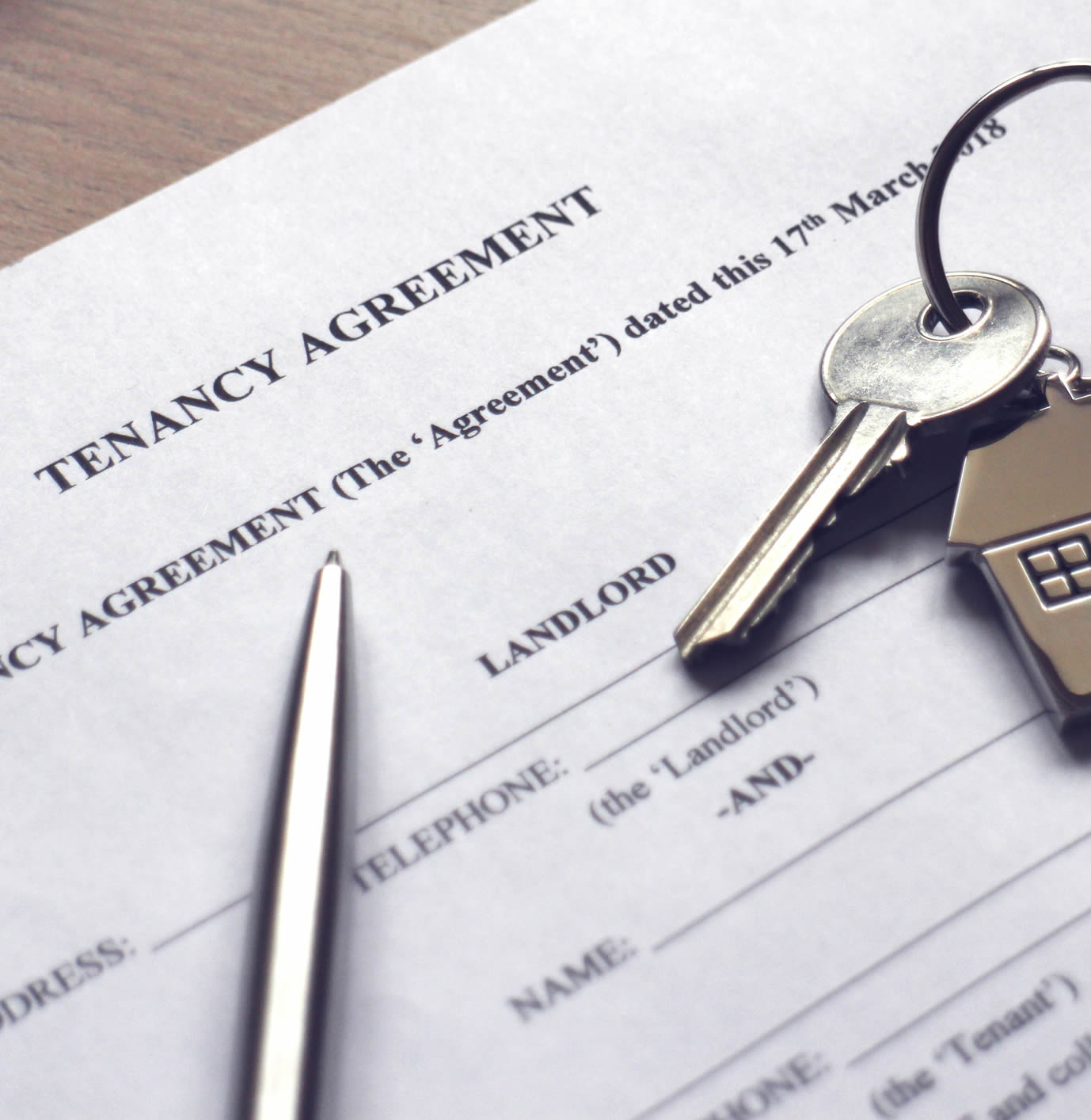

Choosing the correct real estate agent to sell your home is one of the most important decisions you'll make. It can be the difference between your home sitting on the market for months or selling quickly.
Your home is a very important, personal, valuable asset and it can be an emotional and complicated endeavour to sell it, especially in a challenging marketplace.
Marketing, advertising and/or upgrading photography, internet exposure, floor plans, video walkthroughs, pre-market exposure and existing relationships can make all the difference in achieving results and a successful sale.
Binks & Brown is truly a full-service agency and with our in-house team of financial experts, conveyancing partners and surveyors we have a track record of success.

Purchasing a home is one of the most important decisions you will make and the right advice and guidance is paramount. Experience and expertise matter, and they can make a significant difference in making sure that you not only find the right house, but that you also pay the right price.
At Binks & Brown we not only have a thorough understanding of the marketplace, we also have access to many properties that are off-market and an awareness of properties about to be listed. We will listen to your needs and find you the perfect home, ensuring you make an educated and informed decision.

Our Rental Specialists really understand the lettings market and are here to guide you every step of the way, whether you are an Experienced or First Time Landlord. We're here to ensure that everything is legally compliant and provide you with peace of mind that your property is in safe hands.
If you're looking at becoming a landlord, it's important for you to understand your new role. From deciding what type of landlord you'll be, to the types of property you'll own and the tax and legal implications, there's a lot to consider if you're to make it a lucrative source of income.
For many, becoming a landlord seems like a relatively easy way to gain a passive income, with just over 4.4 million households living in the private rented sector in England, there are plenty of opportunities. However, becoming a successful landlord and owning a property that delivers a profitable return on your investment takes hard work, determination, and a little bit of luck and a good agent!
Of course, the pros must outweigh the cons, otherwise who would become a landlord? Yes, there's potential for a steady stream of income, and there are tax-deductible expenses, including painting, building repairs and other professional services. Owning property also comes with a sense of long-term security, of course there's the flexibility that comes with being a landlord and managing your investment.
You should also consider that becoming a landlord comes with some negatives too. Firstly, you'll pay tax on all rental income and not have access to your money because it's tied up in the property. Furthermore, you'll be responsible should anything break, and must ensure the dwelling is compliant with current legislation, and then there's the time and administration required for dealing with tenants.

On paper, a landlord is someone who owns a property and rents it out under a lease that is shorter than seven years. However, there are distinct landlord categories and understanding which one you are or want to become could help you decide on a few things. This could determine the type of property you want to own, the types of tenants you want to attract, whether you want to manage the property yourself or have us manage them for you, and whether you should register yourself as a business or not.
Professional landlords: Professional landlords account for around 14% of the private rented sector. They earn a living from their rental portfolio, and it is their job to self-manage the properties. Most professional landlords will have Houses of Multiple Occupation (HMO) as part of their portfolio. Because of various tax implications, their property portfolio could be listed under a Limited Company or Partnership.
Buy-to-let landlords: Around 42% of the private rented sector are buy-to-let landlords. This is what most people think of when they are thinking of becoming a landlord. Buy-to-let landlords tend to only have one or two properties, and are using property to gain a passive income that can be put towards a pension fund, or help pay off a mortgage on another property.
Accidental landlords: Just over a quarter (28%) of the private rented sector is made up of accidental landlords. These are people who didn't intend on becoming a landlord, but either couldn't sell their property and decided to rent it out, or because a change in circumstance led to them renting out a property they owned.
Short-term landlords: Only around 8% of the private rented sector are short-term landlords. Short-term landlords are people who rent out their own homes for brief instances, like while they're on holiday or working away for a few weeks or months. Typically, a very short-term let (one week to six months) is classed as a 'holiday let'.
Inherited landlords: It's estimated that 8% of the private rented sector is made up of inherited landlords. These are individuals who have inherited a property and instead of selling it, they decide to rent it out.
Let-to-buy landlords: Only accounting for 2% of the private rented sector, let-to-buy landlords are people who rent out their current home to tenants and purchase a new home to live in. Figures courtesy of HomeLet.

When looking at how to become a landlord in the UK, choosing a tenancy agreement can be confusing. Here are some of the most common types of tenancy agreements.
Assured shorthold tenancy: Most tenancies are ASTs and have an initial fixed term of six or twelve months. ASTs can be used on whole properties or individual rooms, for example within an HMO. During an AST, you cannot raise the rent unless the tenant agrees or there is a rent review clause within the agreement. Tenant deposits must be protected in a government approved deposit protection scheme.
Non-assured shorthold tenancy: Only used in specific circumstances, non-assured shorthold tenancy agreements are used when an AST can't be. This could be because the annual rent is less than £250 or the property isn't the tenant's main residence, or you live in the same property as your tenant (but don't share any facilities).
Excluded tenancy: This is for lodgers, i.e. people who live in your property with you and share your facilities. Excluded tenancies don't give the same amount of protection and rights to the tenant as an AST.
Assured tenancy: Housing associations will often rent out properties under an assured tenancy. These provide a lifelong tenancy agreement that only ends if the tenant leaves or is evicted.
When you choose Binks & Brown, we'll draw up the tenancy agreements so you don't have to. We have a wealth of knowledge and expertise and can offer our professional advice to help you become a successful landlord.

Here are the key steps you need to take to become a landlord:
Don't worry if you're feeling overwhelmed, we know there's a lot more to becoming a landlord than owning a property, which is why we have a range of resources specifically for landlords that cover everything from tax obligations, to landlord and tenants' rights and responsibilities.
And if you have any questions or are unsure of the next steps to becoming a landlord, you can visit our offices and speak to one of our friendly lettings specialists.
You can rest assured that when you choose Binks & Brown, your property is in good hands. Whether you choose us to just find you tenants or you're looking for a letting agent to fully manage your property, we have a whole host of landlord services just for you.
With our letting specialists comes a wealth of expertise and experience, when you choose Binks & Brown we'll help you become the best landlord you can be.
Our Packages (PDF)
We would like to introduce you to our partners at MTS Mortgages, established by Matthew Binks in 2007 the team at MTS Mortgages have years of experience providing practical mortgage advice to people, families and businesses in Essex and the surrounding areas.
At MTS Mortgages we pride ourselves on the friendly and personal approach, matching your needs with the ideal solutions and proving a prompt and professional service, you can count on more than just sound financial advice.
We are committed to putting our clients at the heart of everything we do and developing long-term relationships with them. This is achieved by ensuring that we understand the individual needs of each and every client.

When it comes to the legal process Binks & Brown are on hand to help, with the aid of our conveyancing partners.
With instant and accurate quotes and the ability to manage your case online with real time updates, you can keep a track of the progress of your sale / purchase at any time of the day or night.

All buildings require an EPC when they are sold or rented. A building will need an EPC if it has a roof and walls and uses energy to condition an indoor climate. This means it has heating, air conditioning or mechanical ventilation.
Energy Performance Certificates (EPC's) give information on how to make your home more energy efficient and reduce carbon dioxide emissions.
Our partners at MTS Energy are on hand to provide this service and offer advice and recommendations on every type of property whether it be for sale or coming to the market for rent.

Most people see making a will as something to leave until later in life, or they put it off assuming that its an expensive process to go through. These days there's no reason for writing a will to be time consuming or costly.
Our experts provide a very thorough and professional service giving you peace of mind over your affairs, whatever size your estate may be.
They will work with you to make the best of your assets, planning carefully and intelligently so as to benefit your family as much as possible after your death.






